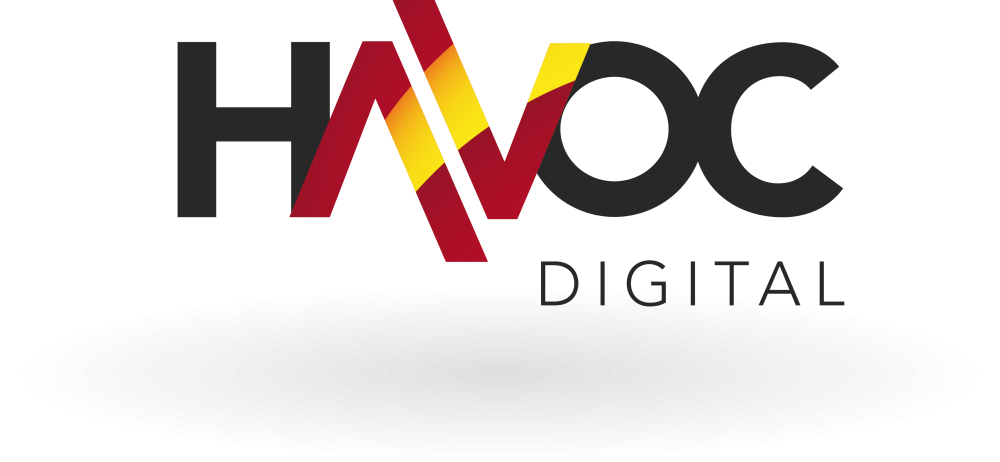The Role of a Digital Marketing Professional
Digital Marketing Professionals promote services, products, or brands via electronic media.
[Updated May 2023] Since May 2018, the role of Digital Marketing Professionals has continued to evolve and expand as the digital landscape has undergone significant changes.
Here are some key developments to consider:
1. Proliferation of digital channels: The number of digital marketing channels has continued to grow, providing professionals with a broader range of platforms and tools to reach and engage with audiences.
Social media platforms have continued to rise in popularity, with new platforms emerging, such as TikTok and Clubhouse.
Additionally, the growth of streaming services and the increasing adoption of voice search and smart devices have opened up new opportunities for digital marketers to connect with consumers.
2. Intensifying competition: As digital marketing has become more prevalent, competition among businesses has intensified.
More organisations are investing in digital marketing strategies, resulting in increased competition for audience attention. Digital Marketing Professionals need to stay updated with the latest trends, techniques, and technologies to stand out in a crowded digital landscape.
3. Big data and analytics: The explosion of data volumes has continued to reshape the digital marketing field.
With the advancement of data collection and analytics tools, Digital Marketing Professionals now have access to more comprehensive data sets, enabling them to gain deeper insights into consumer behaviour, campaign performance, and ROI.
This data-driven approach allows for more targeted and personalised marketing efforts.
4. Personalisation and customer experience: Consumers have come to expect personalised experiences across digital channels.
Digital Marketing Professionals are increasingly focusing on delivering tailored content and experiences to target audiences.
This involves leveraging data and automation to create customised messaging, segmentation, and user journeys that resonate with individual consumers.
5. Emphasis on user-generated content and influencer marketing: User-generated content (UGC) has gained prominence as a powerful marketing tool.
Digital Marketing Professionals are leveraging UGC to build brand trust and authenticity.
Additionally, influencer marketing has become a prevalent strategy, with brands collaborating with social media influencers and content creators to reach their target audiences more effectively.
6. Integration of marketing technology: Marketing technology (MarTech) has become integral to the role of Digital Marketing Professionals.
MarTech tools and platforms, such as customer relationship management (CRM) systems, marketing automation software, and data analytics tools, enable professionals to streamline and optimise their campaigns, track performance, and drive better results.
7. Privacy and data protection regulations: The landscape of data privacy and protection has seen significant changes with the introduction of regulations like the General Data Protection Regulation (GDPR) and the California Consumer Privacy Act (CCPA).
Digital Marketing Professionals need to ensure compliance with these regulations, implement data privacy best practices, and prioritise transparency in their marketing activities.
Overall, the role of Digital Marketing Professionals has become increasingly complex and multifaceted.
They are not only responsible for promoting products or brands but also for leveraging data, technology, and creativity to create engaging experiences, build relationships with consumers, and drive measurable results in an ever-changing digital environment.
Staying up-to-date with industry trends, continuous learning, and adapting strategies to meet evolving consumer expectations are key elements of success in this role.
Original Article ‘Digital Marketing Professionals’ Published: 18th May 2018
A Digital Marketing Professional utilises digital marketing channels, tools, and methods, to analyse your marketing campaigns to understand what is working and what isn’t, typically in real-time.

While the Internet is the channel most closely associated with digital marketing, other channels are important.
Digital media is everywhere.
Consumers can access information wherever, whenever and however they want it, and they are no longer influenced by just what you say about your brand.
In fact, consumers are more likely to be influenced by what others say about your brand
The reality is that people prefer brands that they can trust, companies that know them, communications that are personalised and relevant, and offers that are tailored to their anticipated needs and preferences.
A Digital Marketing Professional can help you deliver all that, but there are three main challenges to overcome.
-
The proliferation of digital channels.
Consumers use multiple channels and a variety of digital devices with different protocols, specifications, and interfaces.
This makes it hard to manage digital marketing efforts.
-
Competition is intensifying.
That’s because digital channels are relatively cost-effective compared with traditional media, such as print, making them within reach of practically every business.
-
Exploding data volumes.
When consumers use digital channels, they leave behind a huge trail of data.
Unfortunately, digital data is often not integrated with data from operations and business activities.
As a result, many businesses struggle to find the right data for making the best strategic and tactical decisions.
Given these challenges, what does it take to get Digital Marketing right?
It comes down to four actions:
- Managing complex customer relationships across channels – both digital and traditional
- Responding to and initiating dynamic customer interactions and
- Extracting value from big data to make better decisions faster
- Utilising the services of Digital Marketing Professionals.
Knowing your customers is not enough; you must know them better than anybody else so you can communicate with them where, when, and how they are most receptive to your message.
To do that successfully, you need a consolidated view of customer preferences and expectations across all channels, not just digital.
With this information, you can create consistent, coordinated customer experiences that will move customers along in their buying cycle.
The speed and immediacy of digital combined with the power of advanced analytics make it possible to measure, monitor, and test campaign performance on-the-fly, to learn what works and doesn’t work. This helps you improve the customer experience and marketing ROI.
Too often, marketers can’t access or make use of all the data necessary to get the best insights. They are often limited to data subsets or samples, which compromises analytic accuracy.
To make the best decisions, you need access to all customer data and marketing data to deliver more real-time, complete customer experiences in an agile, cost-efficient way.
Havoc Digital – Your Digital Marketing Professionals
Transcript & Video from: SAS.com





